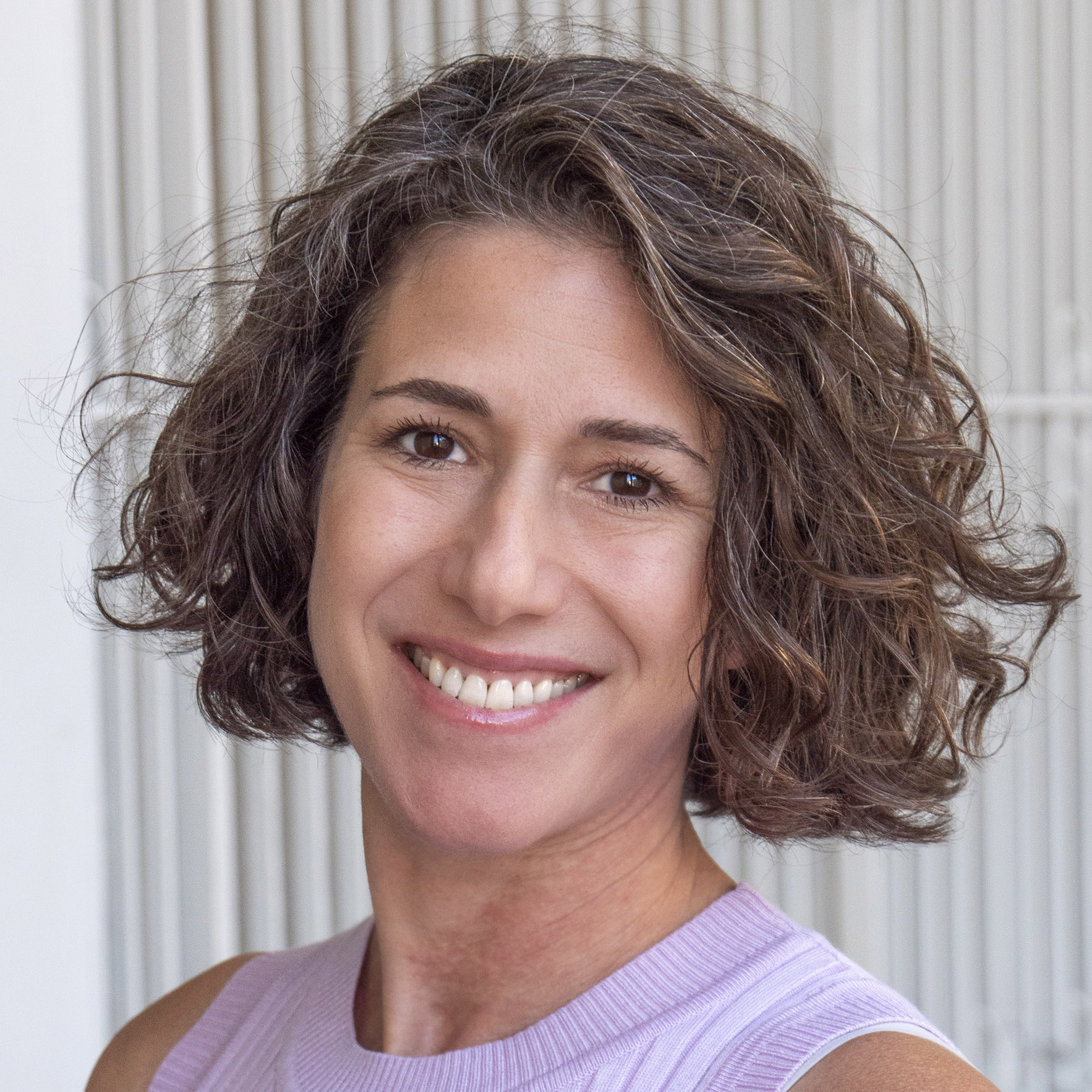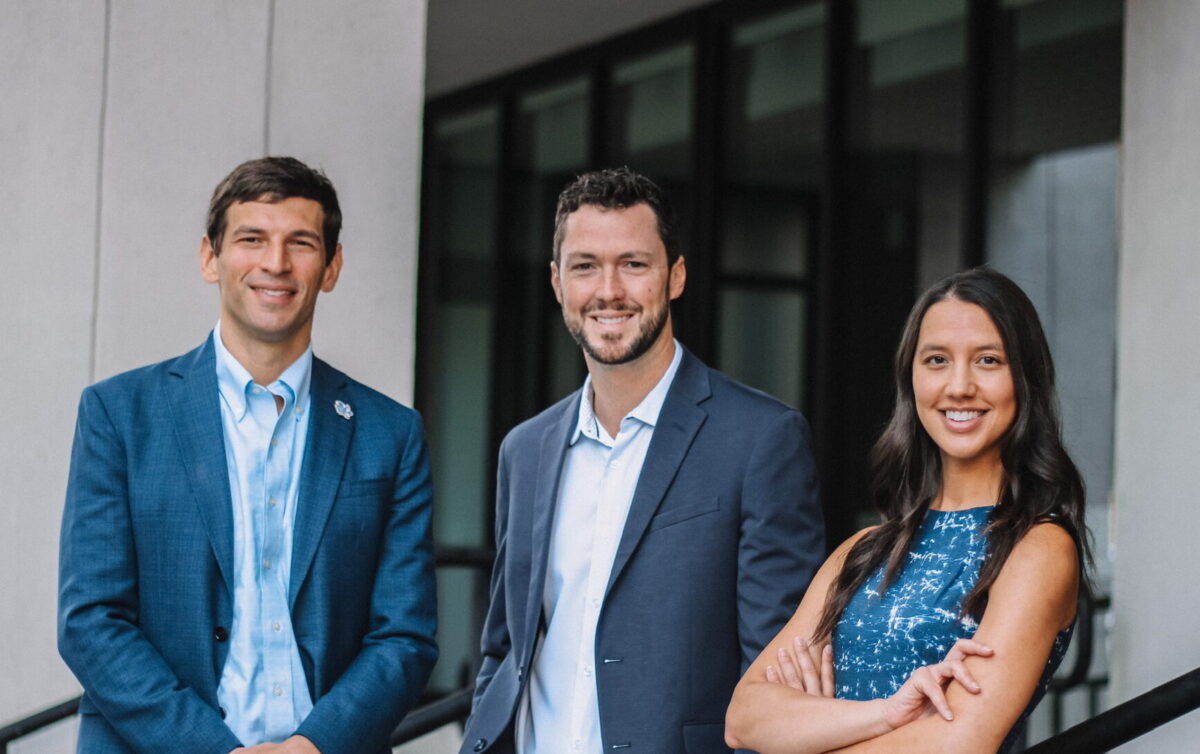Called Every Cure, the Philly-based nonprofit identifies missed opportunities — and helps connect more people to treatments that work. Finding ways to use existing medicines to treat diseases for which they weren’t initially intended or developed is known as “drug repurposing.”
Every Cure is using AI to make drug repurposing faster and more effective.
“Many diseases have shared mechanisms and pathologies,” Mitchell, who acts as company CEO, told Technical.ly. “One drug can work for multiple diseases.”
The problem is that 80% of drugs on the market are generic, he said, so there’s no financial incentive for pharmaceutical companies to pursue the kind of research needed to make those connections.
He and cofounders Tracey Sikora and David Fajgenbaum incorporated the nonprofit in 2022. Fajgenbaum’s interest in the situation was personal. The University of Pennsylvania professor had developed Castleman Disease, a lymph node condition that at the time had no approved treatments. Yet looking at existing drugs, they found a 25-year old medicine to treat his disease.
Every Cure uses multiple algorithms to compare all drugs and all diseases, which is what makes it unique, Mitchell said.
While other organizations doing this kind of work may focus on a specific drug or disease, Every Cure looks at all cases, with the goal of making the connections that will impact the greatest number of patients.
“[We] can really zoom in on what are the opportunities that are most likely to work in the clinic,” Mitchell said. “Then filter that for the ones that can help patients the most, and that we can validate the quickest.”
Repurposing can be faster than traditional drug development process because the drug has already been tested for safety in humans, according to the National Center for Biotechnology Information. This means drugs can get to patients more quickly, skipping to the preclinical or clinical trial stage.
Every Cure is building a biomedical knowledge graph, which documents known relationships between biomedical concepts such as drugs, genes, proteins, cell types, tissue types and organ systems. The organization uses large language models to review medical literature and identify relationships between biomedical concepts.
The company was a winner this February in the Cure Xchange Challenge: Health AI for Good, scoring up to $1 million in funding, space on Cure’s New York City life sciences campus, mentoring and networking opportunities.
Every Cure also recently secured $48.3 million over three years from the Advanced Research Projects Agency for Health (ARPA-H), a federal agency established in 2022 to support biomedical and health research.
Over the next year, Every Cure plans to hire data scientists and data engineers, doubling its team to 30, with the goal of having a publicly available knowledge graph to share with researchers by the end of 2024.
Beyond predicting connections between drugs and diseases, the founders hope Every Cure will be able to test the predictions in labs and eventually help patients through clinical trials, Mitchell said.
Even just a few years ago, he noted, it wasn’t possible to review all medical literature and identify connections the way AI and large language models now can.
“The ability to make inferences between drugs and disease to these complex pathways and interconnected networks — it’s really a perfect example of a question and a problem better suited for a machine than a human,” Mitchell said. “We simply couldn’t comprehend or integrate this level of data all at once.”
Sarah Huffman is a 2022-2024 corps member for Report for America, an initiative of The Groundtruth Project that pairs young journalists with local newsrooms. This position is supported by the Lenfest Institute for Journalism.Before you go...
Please consider supporting Technical.ly to keep our independent journalism strong. Unlike most business-focused media outlets, we don’t have a paywall. Instead, we count on your personal and organizational support.
3 ways to support our work:- Contribute to the Journalism Fund. Charitable giving ensures our information remains free and accessible for residents to discover workforce programs and entrepreneurship pathways. This includes philanthropic grants and individual tax-deductible donations from readers like you.
- Use our Preferred Partners. Our directory of vetted providers offers high-quality recommendations for services our readers need, and each referral supports our journalism.
- Use our services. If you need entrepreneurs and tech leaders to buy your services, are seeking technologists to hire or want more professionals to know about your ecosystem, Technical.ly has the biggest and most engaged audience in the mid-Atlantic. We help companies tell their stories and answer big questions to meet and serve our community.
Join our growing Slack community
Join 5,000 tech professionals and entrepreneurs in our community Slack today!

The person charged in the UnitedHealthcare CEO shooting had a ton of tech connections

From rejection to innovation: How I built a tool to beat AI hiring algorithms at their own game

Where are the country’s most vibrant tech and startup communities?





